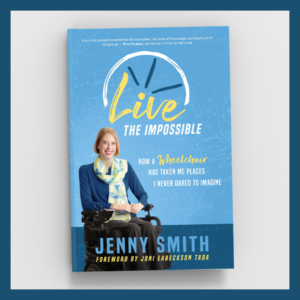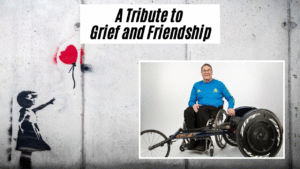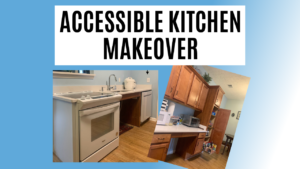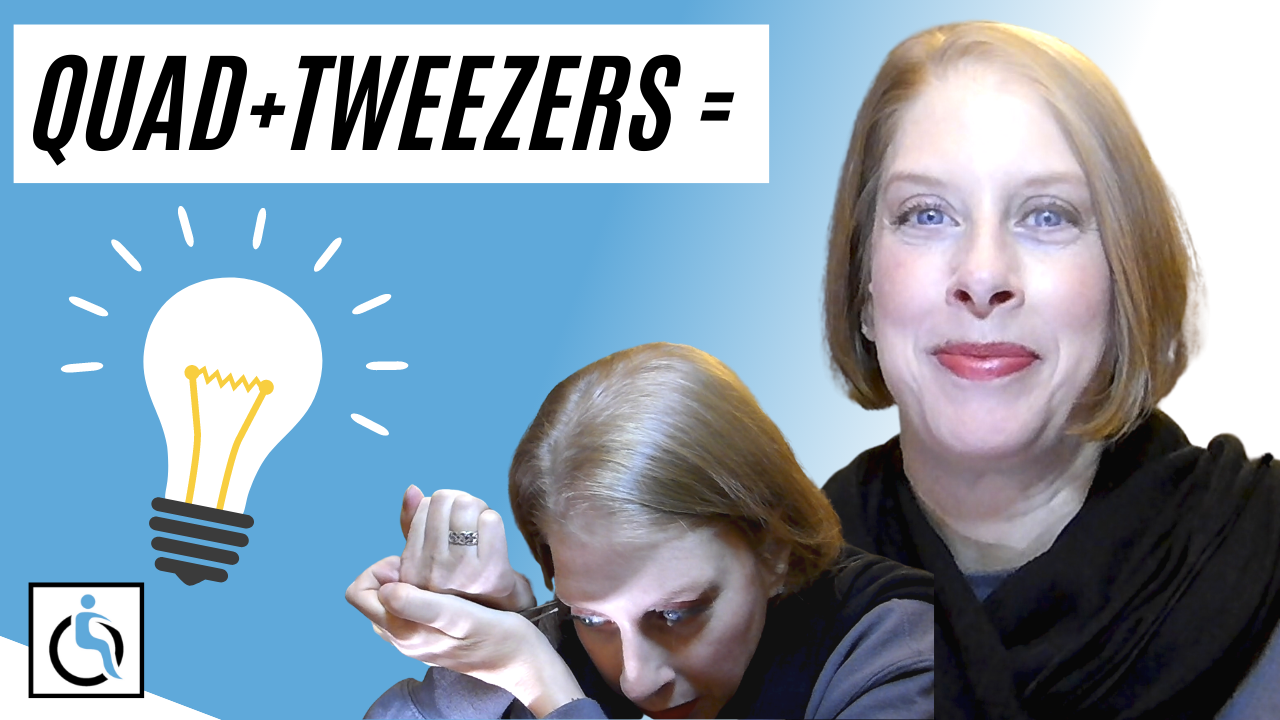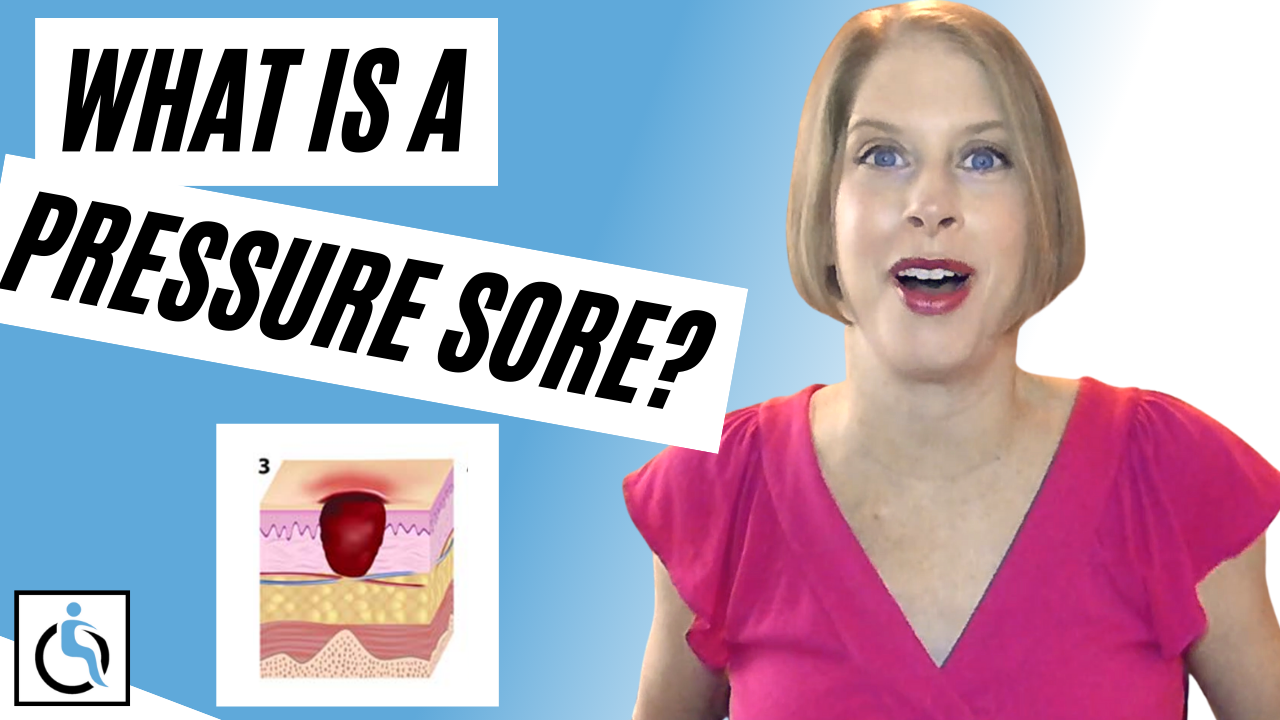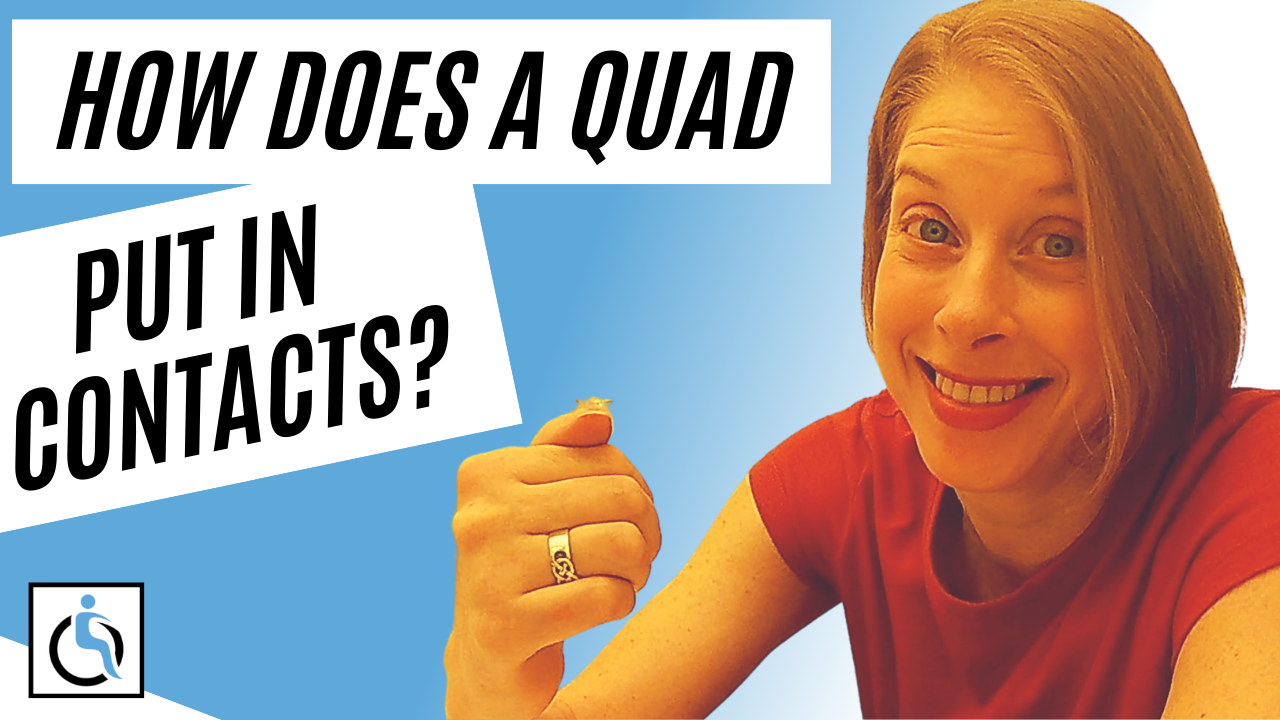In January I attended a conference for work. After dinner we were chatting and getting to know each other as we made our way back to the conference room. All the classic questions were asked: Where do you live? What organization are you with? What is your role?
And then it happened.
“Are you married?”
I was stunned.
“No, I’m not. But thank you for asking,” I replied.
The Dreaded Question
My single able-bodied girlfriends often complain about nosey church ladies, concerned parents or complete strangers asking if they’re dating anyone. They despise the question. These inquiries are often internalized as, “You’re not married yet? What’s wrong with you?”
But I’ve only been asked if I’m dating or married a handful of times. And I’m taken aback each time it happens. And as my above response demonstrates, I’ve even thanked the person for asking.
Why?
They see past the chair.
They see me.
A woman.
A woman who happens to use a wheelchair.
Society’s View of Disability
By and large, society strips away a woman’s sexuality when she has a disability. Men deal with this just as much, if not more, than women. Western culture – as well as many other cultures – often view people with disabilities as asexual.
This often unspoken view was painfully put into words after I participated in Rolling with Style during New York Fashion Week in 2007. An article in USA Today featured a picture of me on the runway. In the comments under the article a reader remarked: “She can’t be disabled. She’s too pretty to be in a wheelchair.”
Huh?
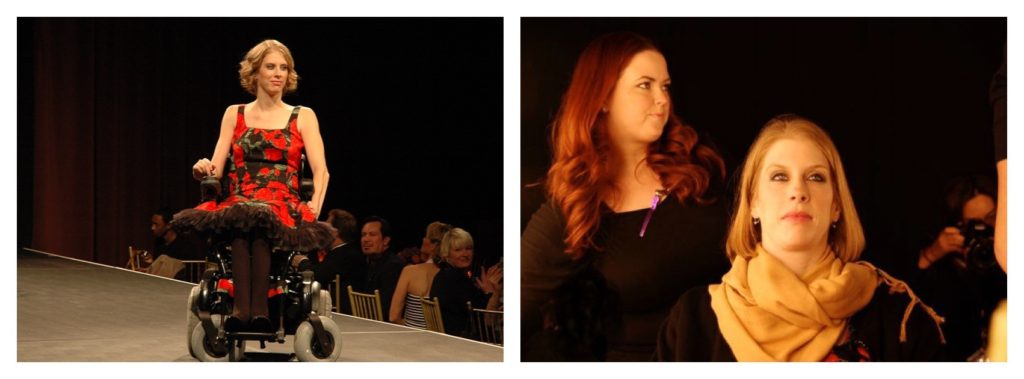
If we follow this logic, one is led to the false conclusion that disability and attractiveness, specifically sexual attractiveness, are mutually exclusive.
Allow me to let you in on a not-so-little secret: sexuality and disability can – and do – coexist.
People with disabilities come in all shapes, sizes and colors. Just like the able-bodied population.
The Uncomfortable Truth
Whether or not it makes you uncomfortable, people with disabilities are sexual beings.
To the parent whose daughter or son was just diagnosed with a spinal cord injury: your kid is still a teenager with hormones. Your daughter still wants to feel attractive. And she can still become pregnant. Your son will continue to want girls to “like” him. Well, let’s be honest. He has more on his mind than girls just liking him.
For the man who was recently disabled, it’s in his thoughts. Will he ever be “man” enough for his wife? A woman may wonder if her significant other will still love her. They are both questioning their value and sexual attractiveness in a new body.
Getting Noticed
It’s interesting that sexuality and disability are rarely represented in the media until a high profile person poses nude. Esther Vergeer, with a record-breaking winning streak in wheelchair tennis of 470 matches, posed for ESPN’s The Body Issue in 2010. Double amputee Oksana Masters, having just won bronze in rowing at the London Paralympics, was featured in the same publication in 2012.
Unlike their able-bodied peers, comments made it clear that some viewers were uneasy with women with disabilities being highlighted. The Bleacher Report actually stated that Vergeer’s appearance was “vomit-inspiring” and that it feels “wrong to be ogling a woman in a wheelchair.” (The Bleacher Report has pulled this story from their website, but it is quoted in several articles online.)
On the other end of the spectrum is Hollywood’s typical storyline of a wheelchair user who gains the sympathy – and maybe love – of an attractive caregiver. Sorry, but we’re not looking for sympathy.
And just to cover the full gamut, I’ll let you in on a disturbing segment of society known as devotees. These individuals sexualize a disability – overlooking the person entirely. When I receive friend requests from males, often the only friends we have in common are women who use wheelchairs. Those requests get deleted immediately.
Perspective
Now you have my two cents’ worth on sexuality and disability in under 1000 words. It is a topic often overlooked – or more often completely ignored. Women and men with disabilities are sexual beings, just like the rest of creation. When society stereotypes the disabled community, it appears we are “vomit-inspiring” to some or “too pretty to be disabled” for others.
Be confident in who you are. Look to others with disabilities who have modeled marriage and relationships beautifully. And together we can break down these stereotypes one by one.
I encourage you to take a moment to think about any preconceived notions you might hold. What do you disagree with? Is there anything can you relate to? What would you like to add?
Disappointed This Wasn’t a Sex Talk?
Sorry if you expected a sex talk. I had no intention of writing about sexual activity and disability. But for those of you who would like to know more about spinal cord injuries and sex, see the resources below.
- Sexual Function for Women after Spinal Cord Injury by Craig Hospital
- Sexual Function for Men after Spinal Cord Injury by Craig Hospital
- Women with Spinal Cord Injury: Intimacy by Shepherd Center
- Quadriplegic Sexuality with MTSU Teacher Gerald Christian on The Landscape Podcast
